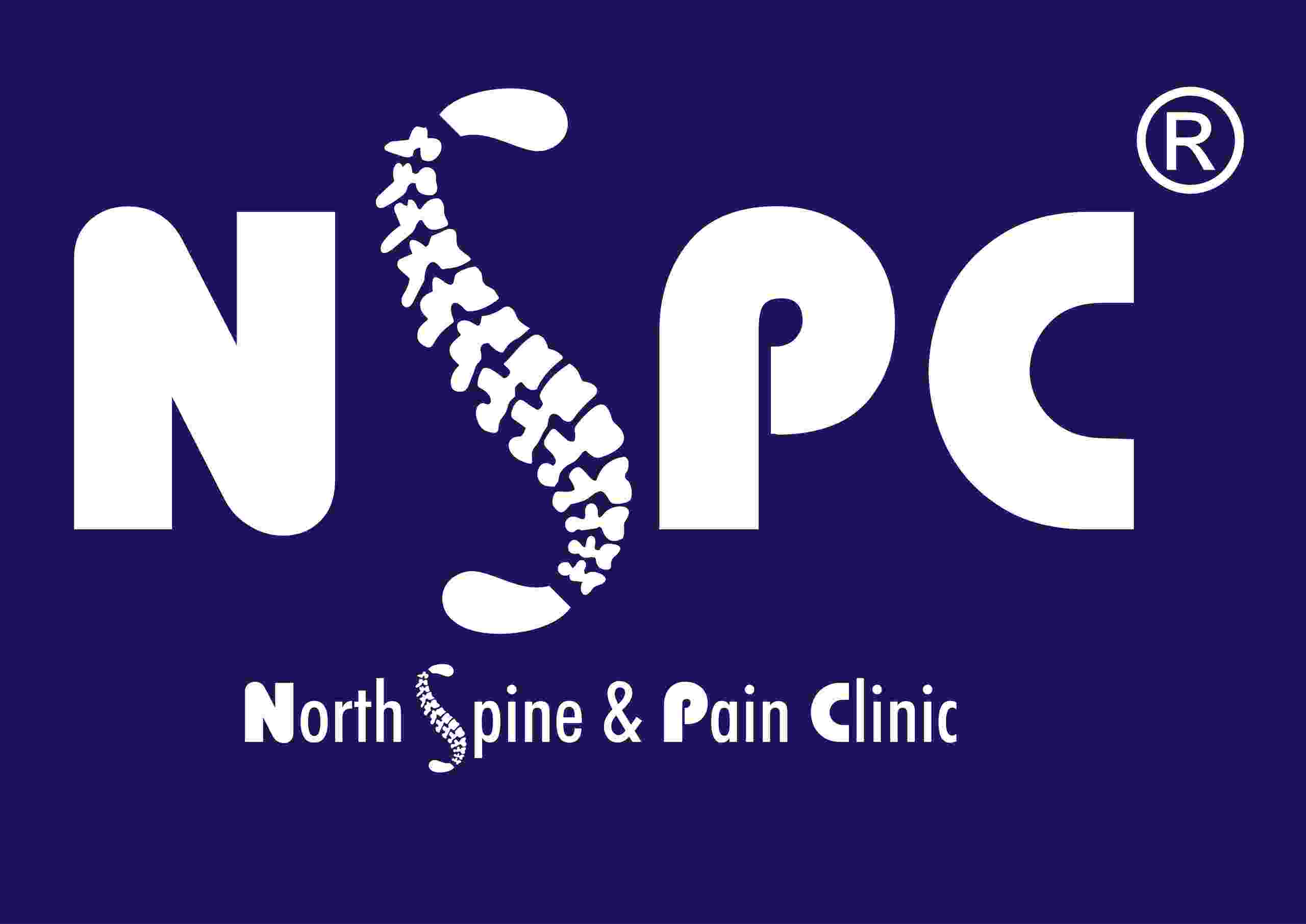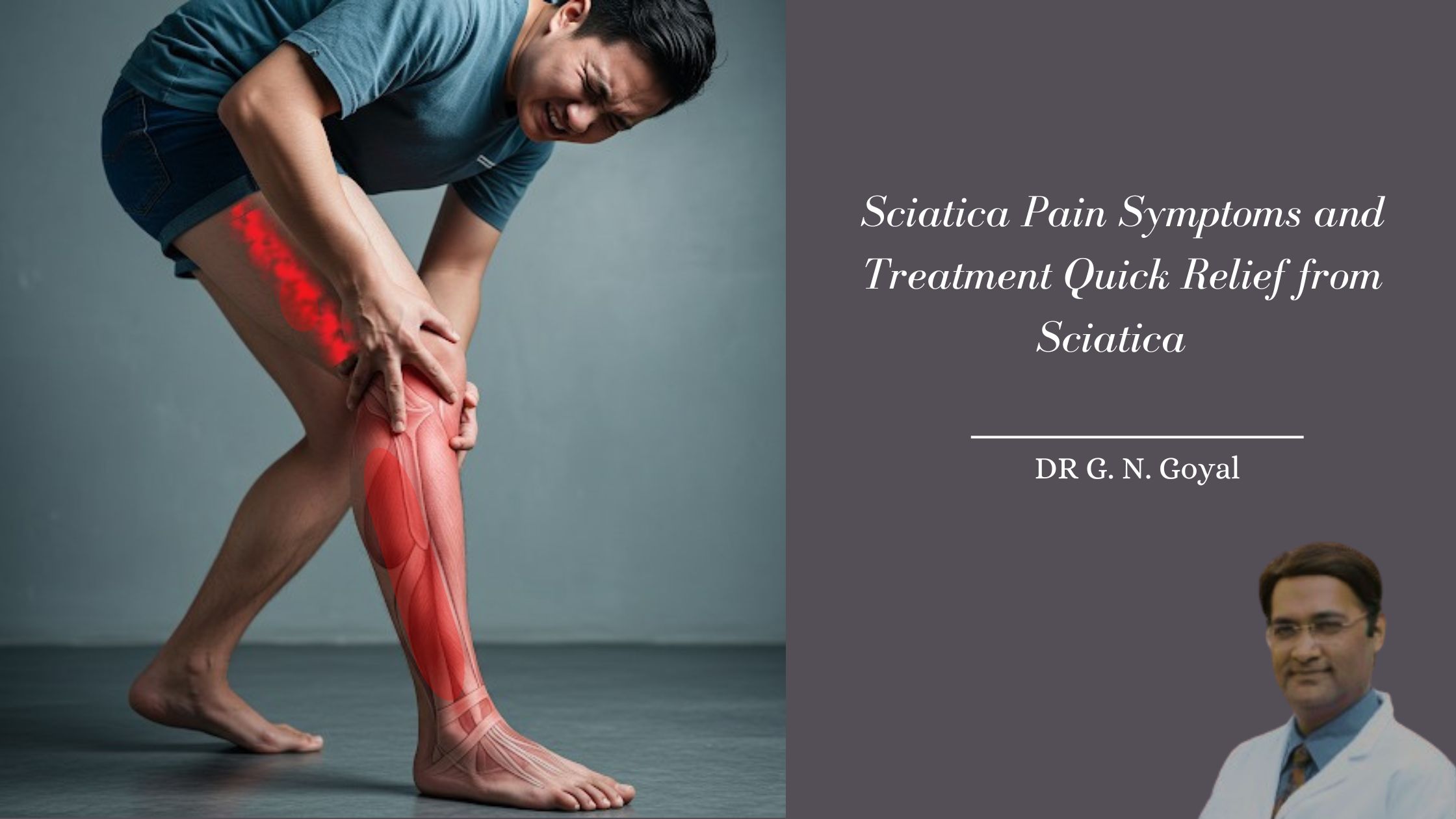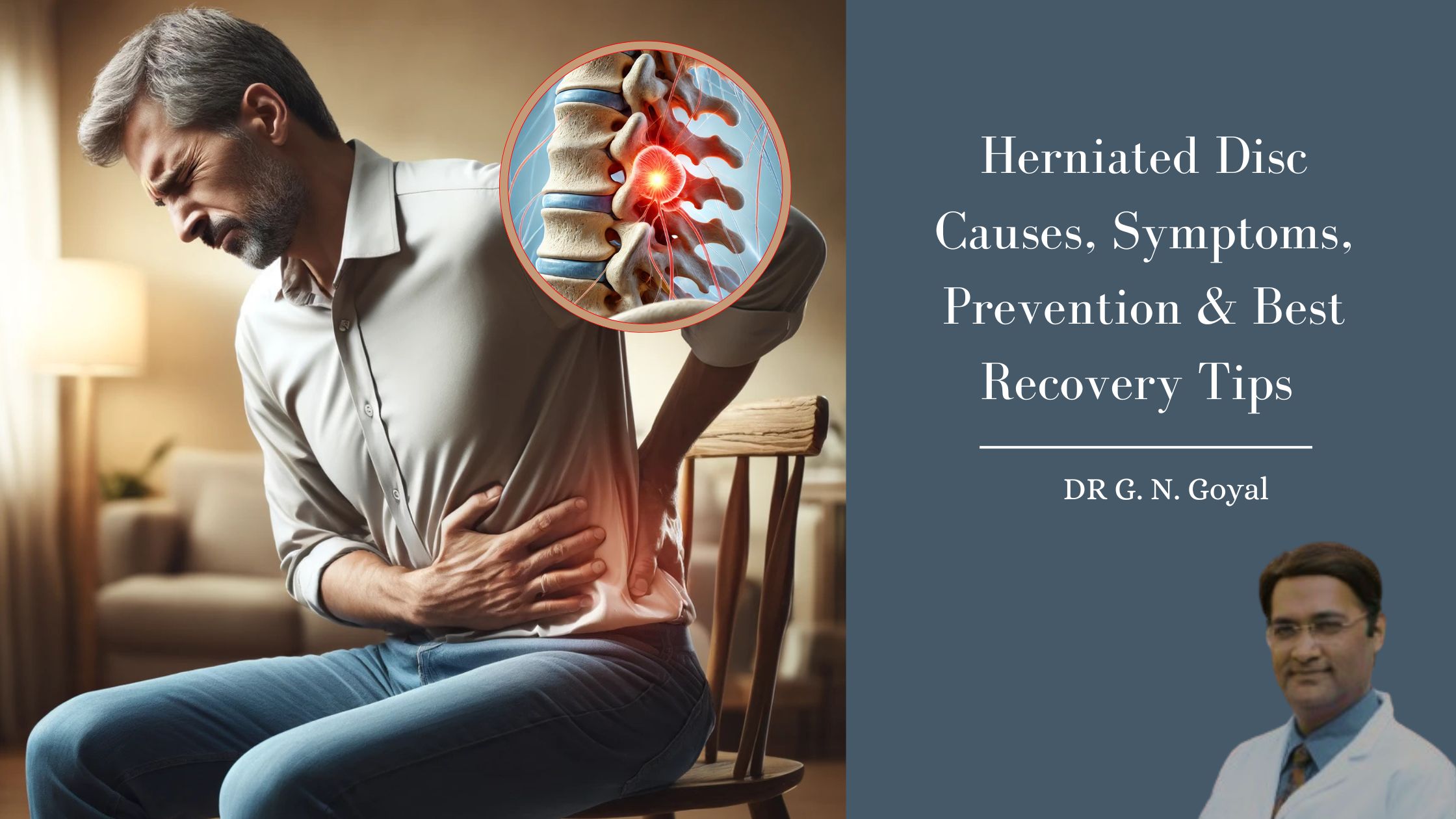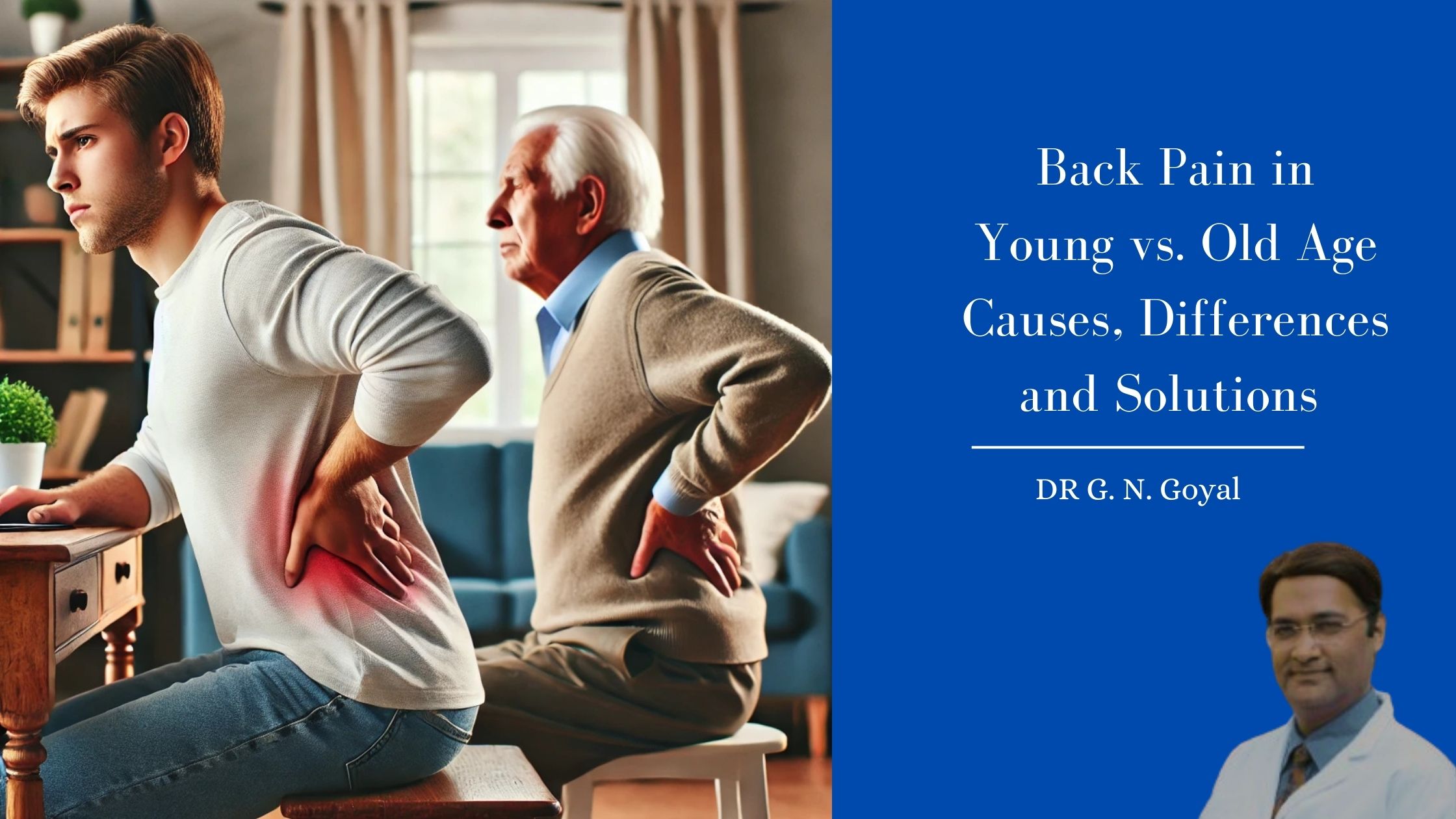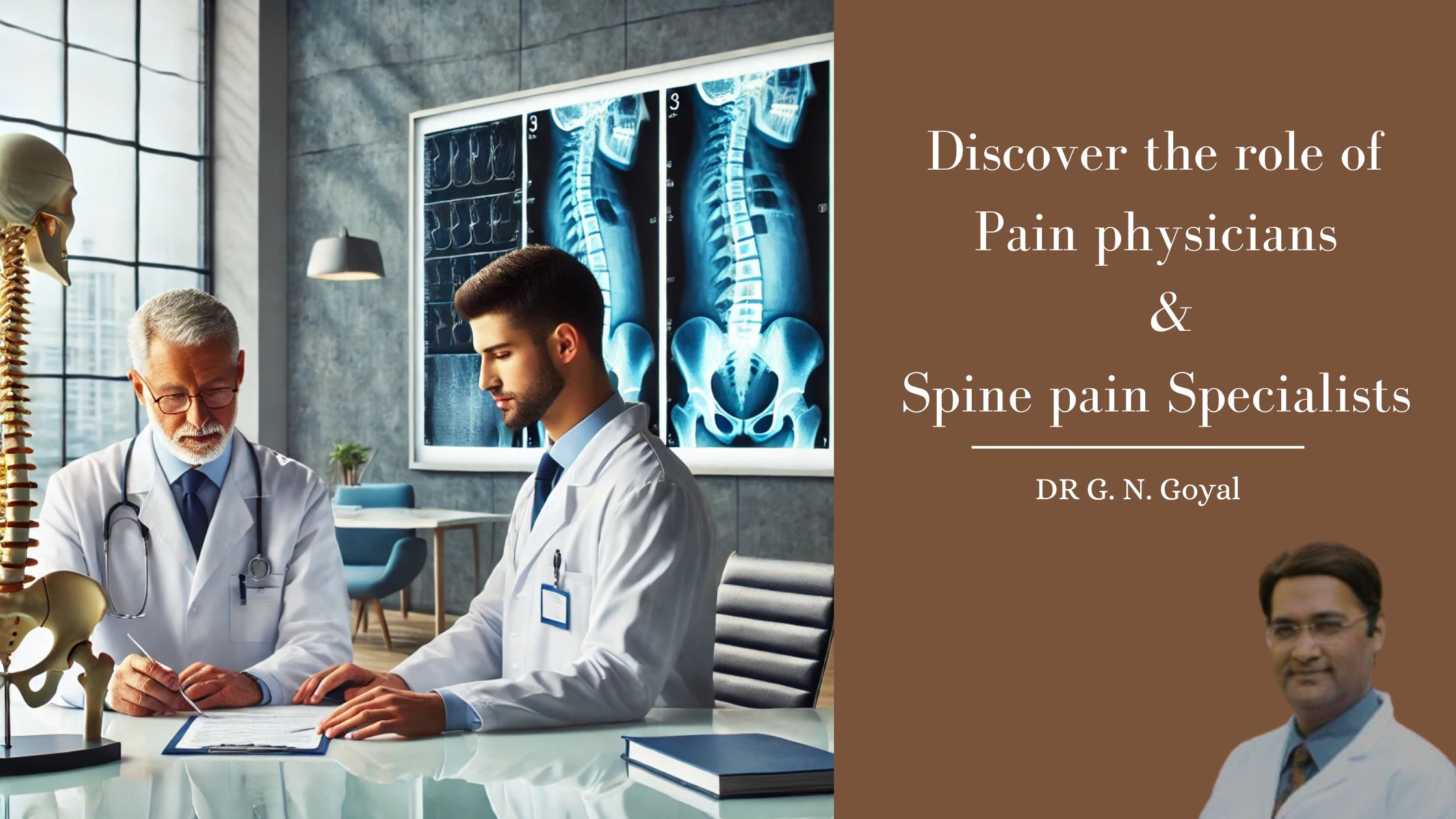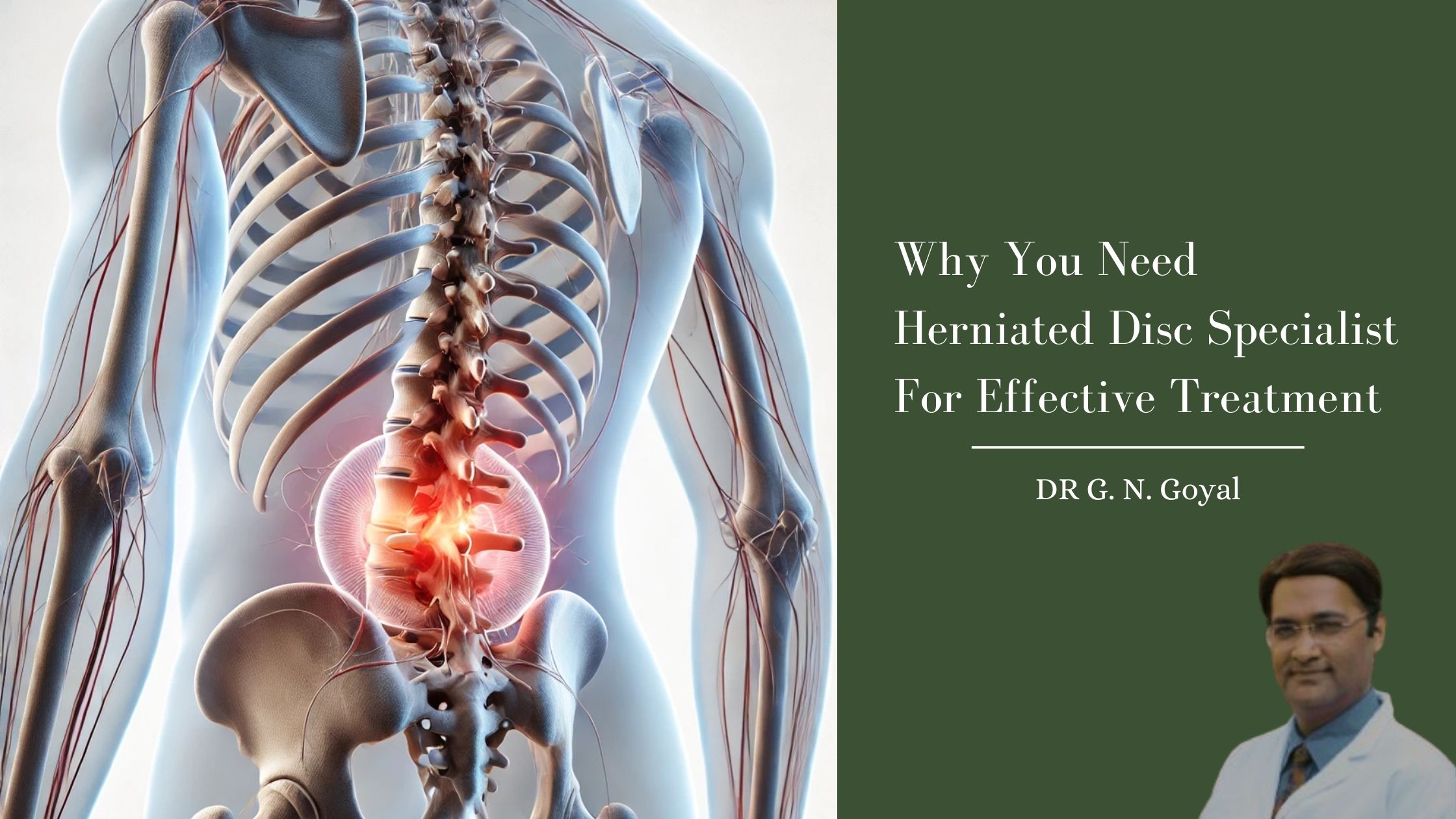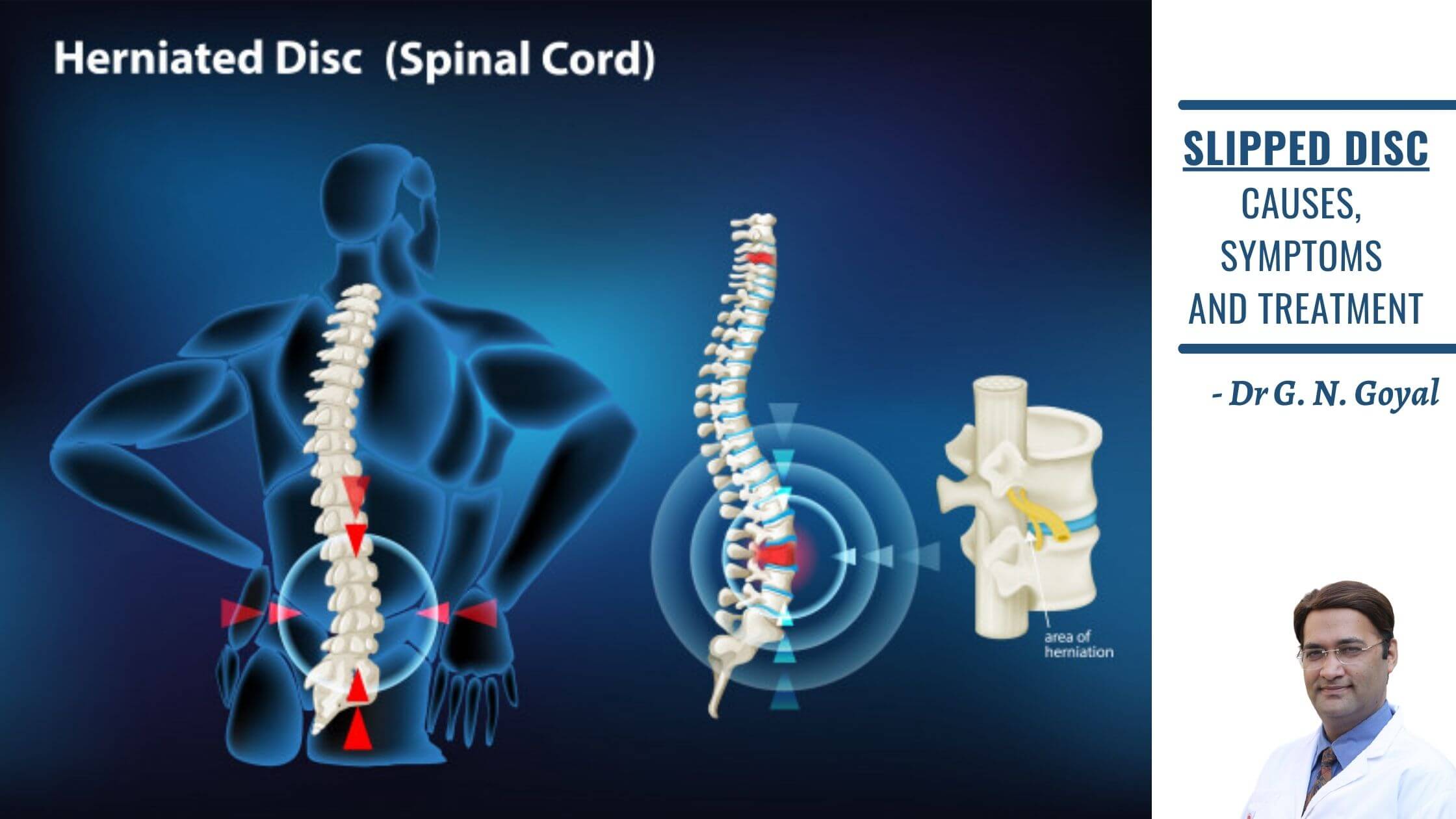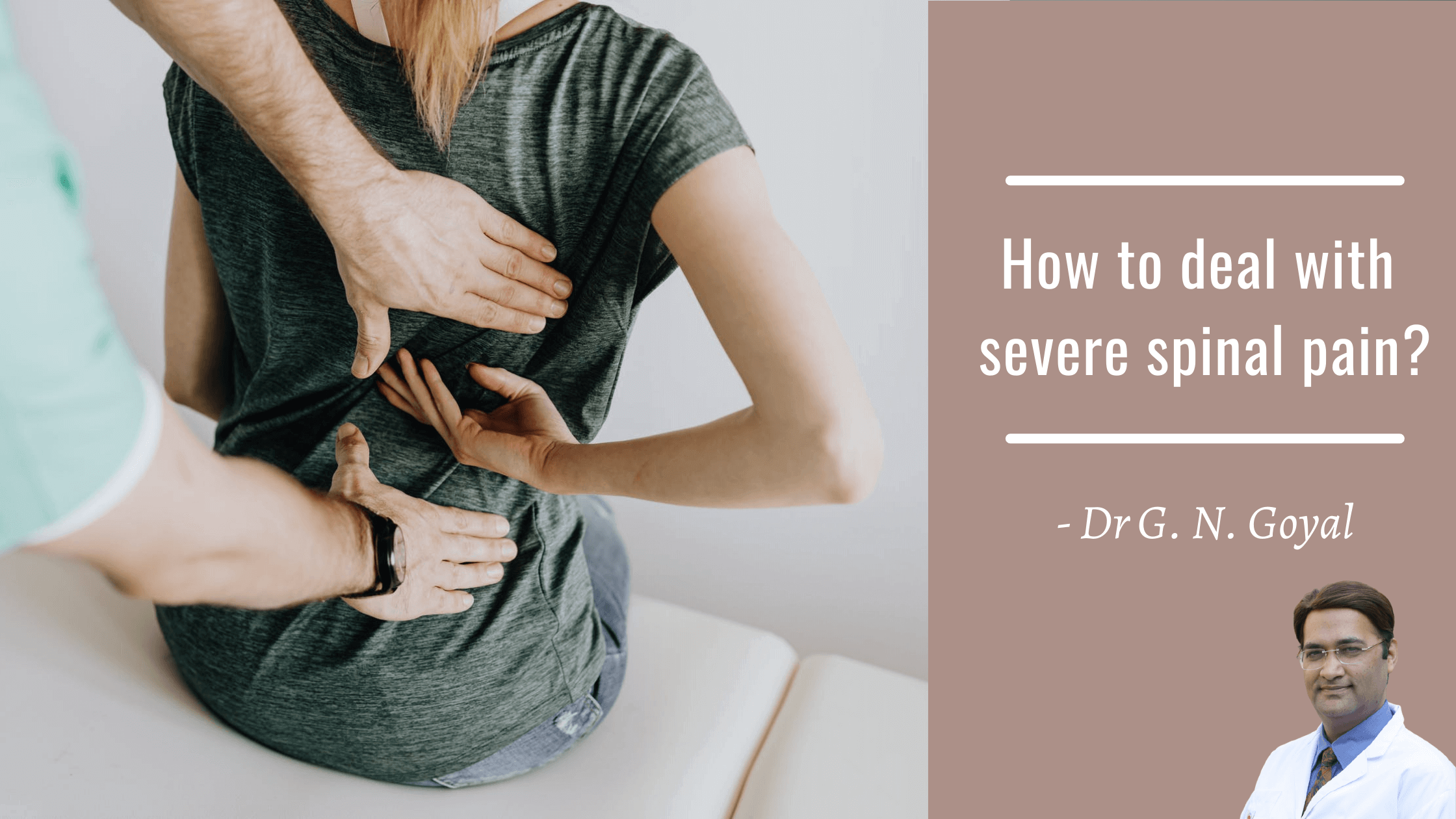Sciatica Pain Symptoms and Treatment: Quick Relief from Sciatica
Sciatica pain symptoms can be debilitating, making it essential to seek effective sciatica pain treatment. Whether you’re dealing with severe discomfort or mild irritation, understanding sciatica pain symptoms is the first step toward recovery. A pain clinic in Delhi provides specialized care for managing sciatica pain symptoms and offering the best sciatica pain treatment. In this blog, we will discuss sciatica pain symptoms, top sciatica pain treatment options, and why visiting a pain clinic in Delhi can be your best decision.
Understanding Sciatica Pain Symptoms
Sciatica pain symptoms arise when the sciatic nerve is compressed or irritated. These sciatica pain symptoms can cause severe pain and discomfort, impacting daily activities. Here are common sciatica pain symptoms:
1. Sharp, shooting pain – Sciatica pain symptoms often begin in the lower back and extend down the leg.
2. Tingling or numbness – Sciatica pain symptoms may include a burning sensation or numbness along the nerve path.
3. Weakness in the leg – Sciatica pain symptoms can lead to muscle weakness, affecting mobility.
4. Increased pain after sitting for long periods – Sciatica pain symptoms worsen with prolonged sitting.
5. Difficulty in walking – In severe cases, sciatica pain symptoms can make walking or standing painful.
If you frequently experience sciatica pain symptoms, visiting a pain clinic in Delhi can provide professional sciatica pain treatment.
Sciatica Pain Treatment: Effective Solutions for Quick Relief
Addressing sciatica pain symptoms requires a structured sciatica pain treatment approach. Here are top sciatica pain treatment methods:
1. Physical Therapy – Targeted exercises can alleviate sciatica pain symptoms and aid recovery.
2. Pain Medications – Over-the-counter drugs can provide temporary relief from sciatica pain symptoms.
3. Hot and Cold Therapy – Alternating between hot and cold packs is a common sciatica pain treatment.
4. Surgical Treatments – Very few patients may need surgical interventions to treat Sciatica. There are very good medical treatments available, if taken timely can alleviate the need of spine surgery all together.
5. Medical Treatments – Severe sciatica pain symptoms may require advanced sciatica pain treatment at a pain clinic in Delhi.
Why Visit a Pain Clinic in Delhi for Sciatica Pain Treatment?
A pain clinic in Delhi specializes in diagnosing and treating sciatica pain symptoms effectively. Here’s why a pain clinic in Delhi is the best option for sciatica pain treatment:
– Expert Doctors – A pain clinic in Delhi provides experienced specialists for treating sciatica pain symptoms.
– Advanced Treatments – Sciatica pain treatment at a pain clinic in Delhi includes modern solutions.
– Personalized Care – Every patient at a pain clinic in Delhi receives a customized sciatica pain treatment plan.
– Fast Recovery – A pain clinic in Delhi helps reduce sciatica pain symptoms and promotes healing.
– Pain Management Options – Based upon MRI or X-ray reports, Specialist Dr may recommend Nonsurgical, minimally-invasive, keyhole ( MIPSI ) treatments – Latest and safest way of treating sciatica pain. More than 90% patients need these treatments, if sciatica pain is persisting for more than 2 months.
If you are experiencing sciatica pain symptoms, seeking sciatica pain treatment is crucial for relief. A pain clinic in Delhi offers expert care to manage sciatica pain symptoms and ensure proper sciatica pain treatment. Whether through therapy, medication, or professional consultation, a pain clinic in Delhi provides the best solutions for sciatica pain symptoms. Don’t let sciatica pain symptoms disrupt your life—consult a pain clinic in Delhi today and find the right sciatica pain treatment for lasting relief.
Visit the Sciatica pain Specialist – Dr G N Goyal, for any sciatica spine or nerve pain related Problems in Delhi, Haryana or Punjab at the nearest Sciatica Pain Clinic – NSPC Clinic, Book your appointment now!
CONTACT US
You may please click here, to know the pleasant experiences of our Sciatica pain patients
